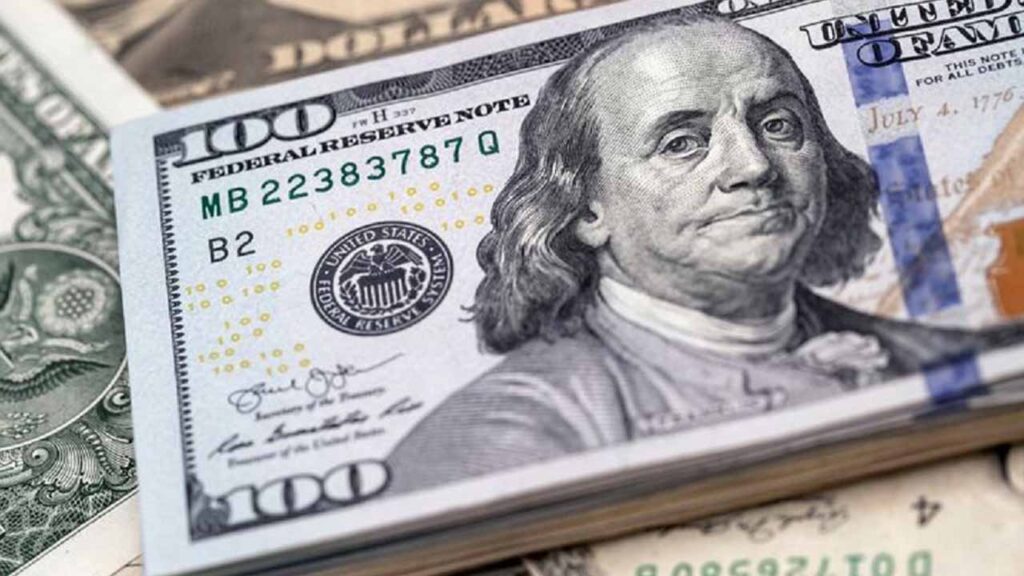- Web
- Feb 05, 2026
Political uncertainty, declining yields drive foreign investors away from Pakistan’s T-bills
-

- Web Desk Karachi
- Dec 24, 2024

KARACHI: Approximately 64 percent of foreign investments in treasury bills (T-bills) have been withdrawn and returned to their original sources, leaving the government disappointed in its efforts to attract dollar inflows.
According to market analysts, this trend of outflows from domestic bonds to several factors, primarily the declining returns on T-bills due to falling policy interest rates and prevailing political uncertainty.
Recent data from the State Bank reveals that during the first five months of FY25, cumulative inflows into T-bills stood at $866.6 million, while outflows totalled $550.6 million. Financial experts have noted a significant uptick in outflows over the past couple of months, mainly driven by a rapid decrease in interest rates, which has diminished the returns on T-bills.
In the most recent T-bill auction on December 11, the cut-off yield for the benchmark 6-month tenor was at 11.99%, while the 12-month paper was at 12.2%, both significantly lower compared to the start of the fiscal year when T-bill rates exceeded 21% and the policy rate was at 22%. Since June, the State Bank of Pakistan has reduced its policy rate by 900 basis points, leading to a sharp drop in profit rates on T-bills.
Bankers indicate that the likelihood of bond rates recovering is slim, with a similar outlook for foreign investments as they expect further outflows in the coming months. During the first week of December, the net foreign investment inflow was zero, while outflows reached $5.5 million, suggesting a concerning trend for the future.
The UK accounted for the highest inflows into T-bills, totalling $596.6 million from July 1 to December 6, but equally notable were the outflows, with foreign investors withdrawing $264.5 million during the same period. The UAE contributed $85 million in inflows, alongside $71 million in outflows. Additional inflows came from Australia and Bahrain, at $52 million and $50 million respectively, with outflows of $29 million and $4.2 million from these countries.
Bankers emphasize that political uncertainty negatively impacts the economy, leading both foreign and domestic investors to shy away from taking risks in the country.
“Foreign investors may find more attractive returns in nations with lower risks. Although no foreign investor has lost money in Pakistan, trust in the country for major investments remains low among international investors,” they added.




